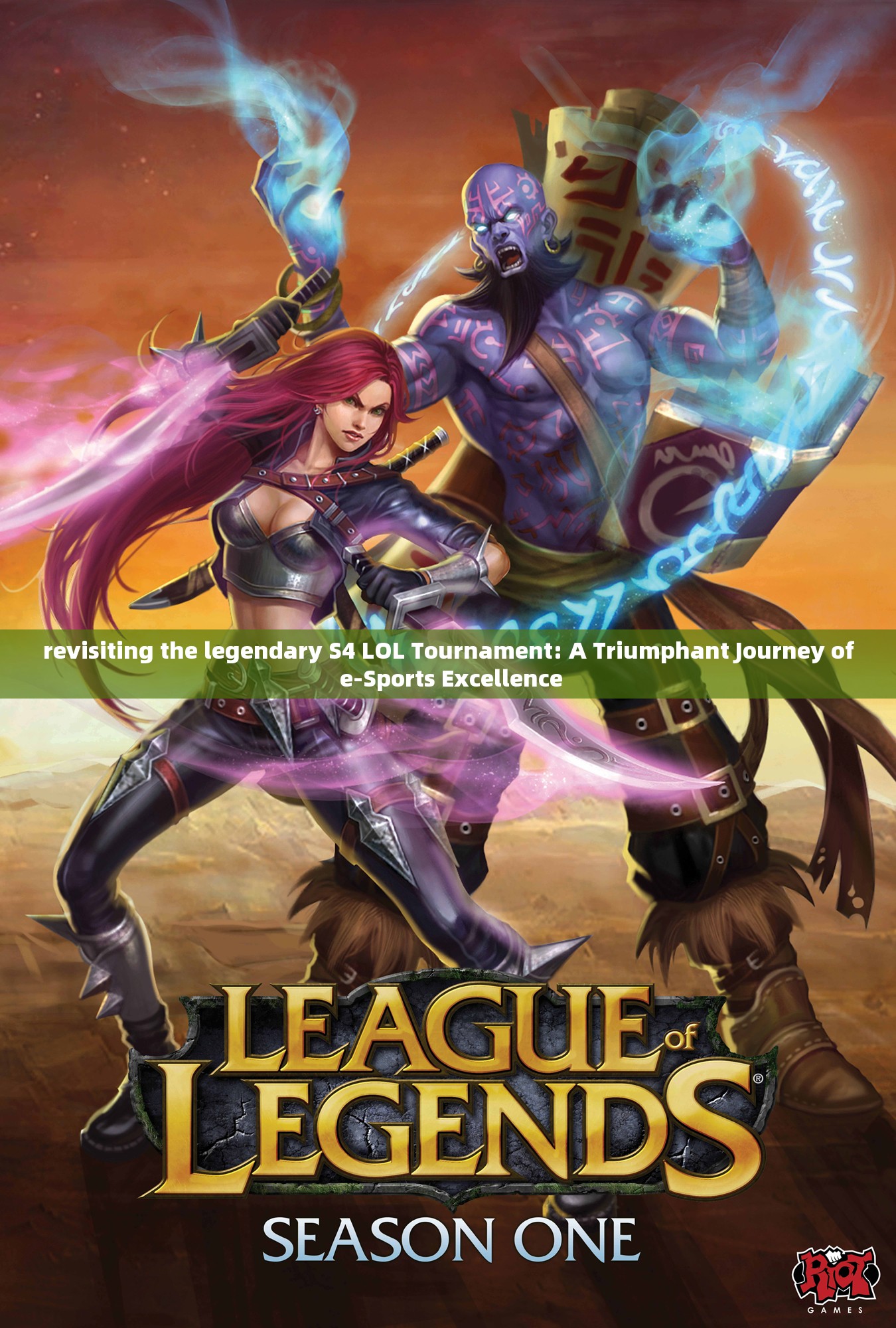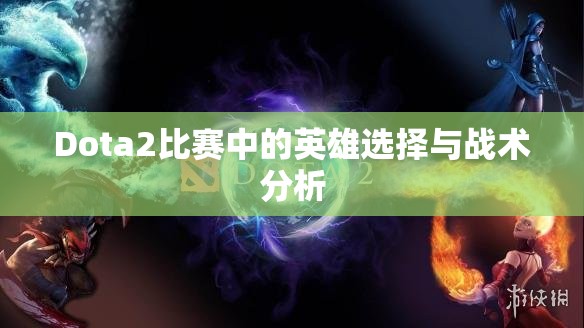In the realm of e-sports,BBIN宝盈官网首页 where virtual battlefields echo with the sounds of clashing spells and charges, the Season 4 (S4) League of Legends (LoL) World Championship stands as a benchmark of excellence that continues to resonate in the hearts of gamers worldwide. Held in 2014, the tournament witnessed a mesmerizing display of strategic prowess, teamwork, and individual mastery that redefined the limits of competitive gaming. Fifty-two regional qualifiers across different regions eventually pitted the best against the best, culminating in a grand finale that would be etched in the annals of gaming history.
The Rise of e-Sports:bbin娱乐场 An Evolutionary Leap

Before delving into the grandeur of S4 LoL, it's important to establish its context. The LoL community had seen various competitions and tournaments over time, but Season 4 marked a turning point. As e-sports gained mainstream attention and recognition, LoL tournaments transcended mere gaming events and transformed into global spectacles with massive participation, high stakes, and a rabid fan following. This shift was fueled by a confluence of factors: the internet's widespread penetration, an increasing accessibility to fast internet connections, the growth of e-sports organizations and players into high-profile careers, and of course, Riot Games' unwavering commitment to professionalizing their competitive scene.
The Road to S4: A Roll of Honor
The S4 journey began with regional qualifiers held across Asia, Europe, North America, and other regions. These tried-and-true battles sifted through thousands of aspiring contestants to select 16 teams that would advance to the group stages. The qualified teams included legends like Taiwan's Fnatic (now known as Team Liquid), South Korea's Star Horn Royal Club (now known as SK Telecom T1), Europe's Royal Club (now known as Mysterious Monsters), China's Invictus Gaming (now known as FunPlus Phoenix), among many others. This lineup represented a galaxy of talent and established an incredibly diverse competitive landscape that promised an intense and unpredictable road ahead.
Each team represented not just their region but also the dreams of millions across different cultures and time zones. For many gamers, these tournaments offered a glimmer of hope in seeing their culture and hard work recognized on an international stage, an opportunity to prove that video games aren't just a pastime but a legitimate form of competitive art.
The Group Stage: A Battle of Wits and Skill
The group stage saw 16 contenders divided into four groups of four. Each team faced each other once in a best-of-one series, with the top two advancing to the knock-out round. This phase was a microcosm of LoL's competitive essence, with matchups that often came down to meticulous planning, precise coordination, and tactical prowess.

The explosive playstyle of Chinese team Kingzone Dragon X (originally known as Royal Club) captured global attention early on. Their dynamic duo of Lee "Dandy" Tae-yoon (formerly CN) and Lee "GoGoing" Young-joong (transformer CN/FPX) brought a ferocity to every engagement that commanded respect from rivals and spectators alike. Meanwhile, SK Telecom T1's methodical play and meticulous siege strategy defined their dominance in the South Korean scene, already established as a force to be reckoned with.
Adrenaline Rush: Knockout Stages and Beyond
The knock-out rounds intensified as the field shrank, culminating in quarterfinals, semi-finals, and finally, the much-anticipated grand final showdown. The quarterfinals introduced sensational upsets and unexpected outcomes, such as Fnatic eliminating the 2013 champions Azure Racing under exciting circumstances. This stage was defined by emotional highs and lows as even seemingly unbeatable favorites stumbled under pressure or resurgent underdogs sent shockwaves through the e-sports realm.
The semifinals saw SK Telecom T1 square off against SK Gaming (previously Intact Entertainment) — two highly skilled but distinct teams claiming their fair share of victories and headaches in closely fought battles. Finally, after weeks of intense competition, it was announced that Fnatic and Samsung White (an affiliate team known for later as Roccat) would face off in the grand final. Both represented polar opposite styles—Fnatic renowned for their flexibility and quick reads, Samsung White known for their precision execution—making for what promised to be one of the most thrilling finals in e-sports history.
The Epic Showdown: Dreams &..
